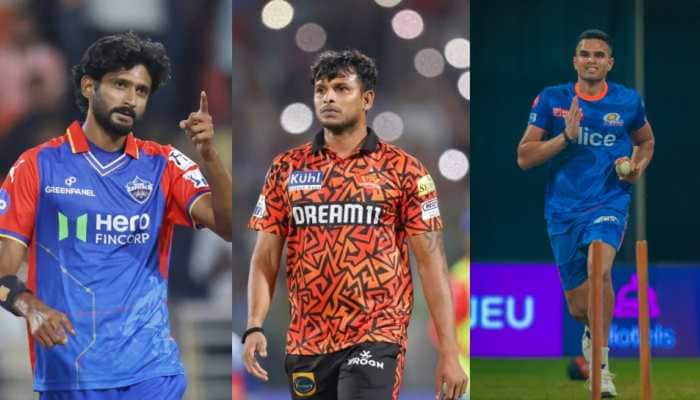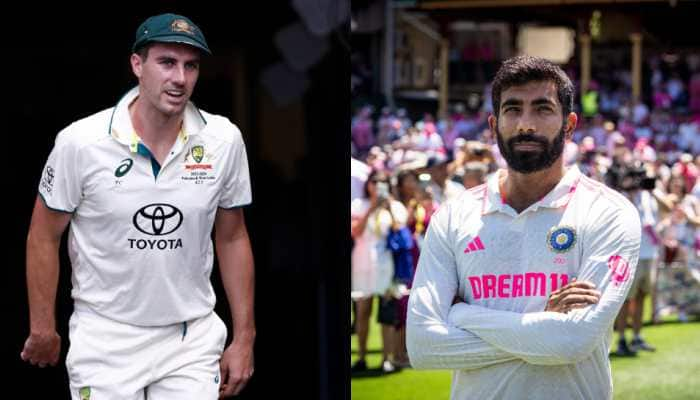Lok Kala Academy keeps passion for indigenous performing folk arts alive
Through its various courses and research centre, University of Mumbai`s Lok Kala Academy is keeping the passion for indigenous performing folk arts alive. Prachi Rege reports.
Trending Photos
)
Through its various courses and research centre, University of Mumbai`s Lok Kala Academy is keeping the passion for indigenous performing folk arts alive. Prachi Rege reports
From abhangs (devotional songs) to the tamasha (gracefully sultrous dance form), the courses offered at University of Mumbai`s Lok Kala Academy has something for every folk art lover. Launched in 2004, the Academy aims to train people who have a passion for the numerous art forms, embedded in Maharashtra`s rich cultural history. As a part of their 10th year celebration, the Academy is offering a one year part time certificate course, specially for class XII pass outs. Ten students each will be admitted for specialisations that include—singing, dancing, drama and instrument playing. Besides Prakash Khandge, head, Lok Kala Academy, and a scholar on folk art, visiting faculty comprising renowned folk artists from the interior of Maharashtra will conduct lectures.
"We take manixmum of 30 students for our PG diploma course in performing arts," says Khandge. The full-time diploma programme is open for graduates from any field, it is a combination of theory and practical studies. While theory includes subjects like folklore literature study, classification of performing folk arts, the practicals include individual and group projects on any of the art forms. A written exam of 250 marks is held at the end of the year.
Pooja Sawant, a self-trained Bharatnatyam expert, had decided against signing up for the course. "Post my graduation I wanted to take up a teaching job, so signing up for a full-time programme was ruled out," says Sawant. However, Sawant, who earned her diploma last year, is glad that she decided otherwise. According to her, the course gave her an in-depth knowledge about folklore and art and also helped her discover that she is a good singer. "Now I understand folk art better and can train my students for their annual school performances, which mostly include these native art forms," says the young teacher, who runs a dance academy in Mumbai.
Referring to its research centre, Khandge points out that the Academy not only hones skills, but also indulges in the scientific study of folk arts. The Centre has been set up under the name of renowned folk artist Shahir Amarsheikh Adhyasan. Currently, eight Phd students are pursuing their thesis here, under the mentorship of Khandge. PhD student, Manoj Ujjainkar from Amravati is working on a comparative study between two of popular art forms— tamasha and Vidharbha`s khadigammat. "I am chalking out the commonalities between the two and how these can be used together for an effective stage performance. My research also includes diagnosing the reasons that have led to the sudden death of these strong art forms and how can they be revived," explains Ujjainkar, who has been a professional playwright for the last 20 years.
Course highlights
1) Post graduate diploma - fees Rs 11,000
2) certificate course – fees Rs 5000
3) PG diploma 250 marks – theory and 250 marks – practical
4) Specialisations for optional subjects include (Gondhal Jagaran, Povada, Tamasha and Bharud)
Stay informed on all the latest news, real-time breaking news updates, and follow all the important headlines in india news and world News on Zee News.
Advertisement
Live Tv
Advertisement







)
)
)
)
)
)
)
)
)
)
